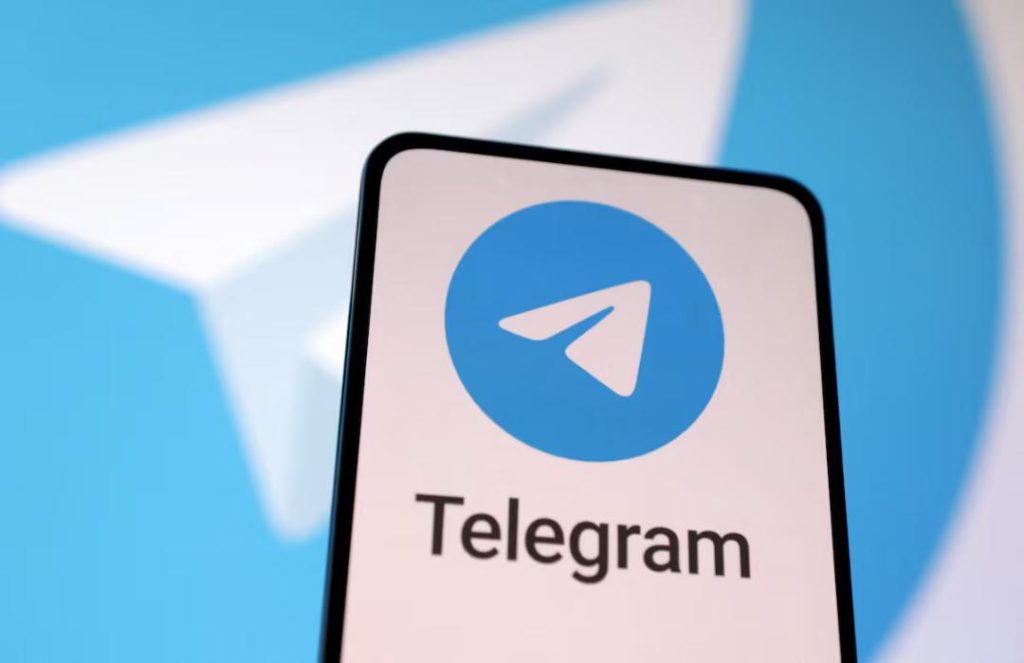
Vietnam to Block Telegram for Not Collaborating in Combating Crime
In a recent development, Vietnam’s technology ministry has ordered telecommunication service providers to block the popular messaging app Telegram, citing the platform’s failure to cooperate in combating alleged crimes committed by its users. This move has sparked concerns about censorship and freedom of expression in the country.
According to a government document seen by Reuters, the ministry has asked telecommunication service providers to deploy solutions and measures to prevent Telegram’s activities in Vietnam. This decision comes after the police reported that 68% of the 9,600 Telegram channels and groups in Vietnam violated the law.
The Vietnamese government has long been concerned about the spread of misinformation and harmful content on social media platforms, including Telegram. The platform has been criticized for its lack of effective moderation and failure to remove harmful content.
In a statement, the Vietnamese government said that Telegram had refused to cooperate with authorities to remove illegal content and identify users who had committed crimes. The government claimed that Telegram had also failed to comply with local laws and regulations.
This decision is not the first time that the Vietnamese government has taken action against social media platforms. In recent years, the government has blocked several social media platforms, including Facebook and Twitter, citing concerns about national security and public order.
However, this move is seen as a significant escalation in the government’s efforts to control online content. Telegram is a popular messaging app with millions of users in Vietnam, and its blocking is likely to have significant consequences for the country’s internet landscape.
The blocking of Telegram is also seen as a blow to the country’s digital economy. The app has been popular among businesses and entrepreneurs in Vietnam, who use it to communicate with customers and promote their products.
The decision has also sparked concerns about censorship and freedom of expression in Vietnam. The country has a poor record on press freedom, and the blocking of Telegram is seen as another example of the government’s efforts to control the flow of information.
Human rights groups have criticized the decision, saying that it is a violation of the right to freedom of expression and information. The groups have called on the Vietnamese government to reverse its decision and allow access to Telegram.
In a statement, the Human Rights Watch said that the decision to block Telegram was a “grave violation of the right to freedom of expression and information.” The group called on the Vietnamese government to “immediately lift the block and allow access to Telegram.”
The blocking of Telegram is also likely to have significant consequences for the country’s online community. The app has been popular among activists and dissidents, who use it to communicate and organize. The blocking of the app is likely to make it more difficult for these groups to communicate and organize.
The Vietnamese government has said that it will continue to take action against social media platforms that fail to comply with local laws and regulations. The government has also pledged to increase its efforts to promote online safety and combat cybercrime.
In conclusion, the decision to block Telegram in Vietnam is a significant development that has raised concerns about censorship and freedom of expression in the country. While the government has cited concerns about national security and public order, the blocking of the app is likely to have significant consequences for the country’s online community and digital economy.
Source:






